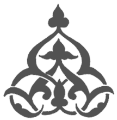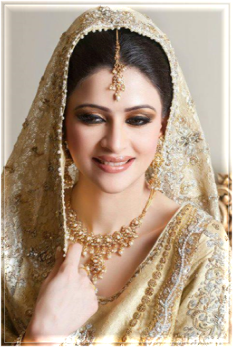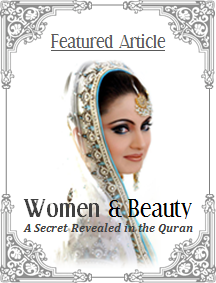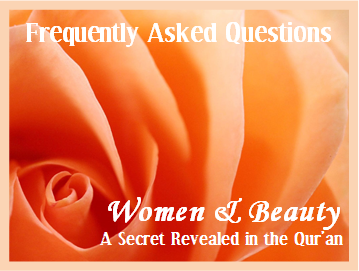


Verse 3:14 - "Alluring for all people are love of charms: Women, Children, Gold and Silver treasures"...

Verse 3:14-16:
زُيِّنَ لِلنَّاسِ حُبُّ الشَّهَوَاتِ مِنَ النِّسَاءِ وَالْبَنِينَ وَالْقَنَاطِيرِ الْمُقَنْطَرَةِ مِنَ الذَّهَبِ وَالْفِضَّةِ وَالْخَيْلِ الْمُسَوَّمَةِ وَالأَنْعَامِ وَالْحَرْثِ ذَلِكَ مَتَاعُ الْحَيَاةِ الدُّنْيَا وَاللَّهُ عِنْدَهُ حُسْنُ الْمَآبِ
"Alluring for all people/mankind are the love of charms: women, children, gold and silver treasures piled up high, horses with fine markings, livestock and farmland, these may be the joys of this life - but Allah has the best place to return to". (Qur'an 3:14)
One interesting point to think about in this verse is, how can women be alluring for all people? One of the ways in which women are a charm to all mankind is the unique and special beauty Allah has granted them ( See: Women & Beauty - A Secret Revealed in the Qur'an). This special beauty granted to women is in addition to natural human pleasantness common to both men and women. It can be 'appreciated' in a woman by both women and men.
The verse uses "all people / mankind", which is a translation of the word "ناس / nas" used in this verse. Therefore, all the things identified in the verse as being charming are applicable for both men and women. As we have already noted, women's special beauty can be beheld and appreciated by other women too, as is observed in society - not just by the opposite gender. In this way, it makes sense that Allah directs the verse at ناس / all people - at both men and women.
Some translators have wrongly translated "ناس" with the word "men". For example, Yusuf Ali:
"Fair in the eyes of men is the love of things they covet: Women and sons; Heaped-up hoards of gold and silver; horses branded (for blood and excellence); and (wealth of) cattle and well-tilled land. Such are the possessions of this world's life; but in nearness to Allah is the best of the goals (To return to)."
This is an erroneous translation, since the Arabic word for 'men', 'رجال' (rijaal) is not used in this verse (used elsewhere), instead the word "ناس - "people / mankind" is used. ناس is used in the following sura (chapter) for example:
"Say I seek refuge with the Lord of all people (ناس), the king of all people (ناس), the God of all people (ناس), against the harm of slinking whisperer - who whispers into the hearts of people (ناس), whether they be jinn or people (ناس)." (Qur'an, Chapter 114)
In the above sura, ناس means ناس, otherwise, it would read, "Say I seek refuge with the Lord of men (only), king of men (only)" and it would not include women! The word for 'men', رجال is used in the following verse for example:

"From among the believers are men (رجال), who fulfilled their pledge to Allah. Thus, some of them died, while some are still waiting; but they never altered in the least." (Qur'an 33:23)
The reason for mistranslating the word ناس as "men" in verse 3:14 is that such translators perceive verse 3:14 through a narrow prism independent of the wisdom extended to us through all the other Quranic verses - thinking the mentioning of women as a charm means the verse must be directed to men only. As we have seen, women are charming to all people - not just men. This is a blessing, and a mercy of Allah on all humankind (ناس), that He gives beauty to them, and has given all people the ability to appreciate it as such. It thus makes sense that Allah uses the words, "Attractive for all people (ناس)..."
Disbelievers seeking to find perverted meanings of verses are unable to perceive such intricacies in the Qur'an. The same points also refute their unwise claim that this verse reduces women's status by "comparing" them with objects. Women are never compared with any objects in this verse, rather the verse is achieving the opposite of what these disbelievers try to portray.
See also:

Copyright © , QuranicPath. All Rights Reserved.

